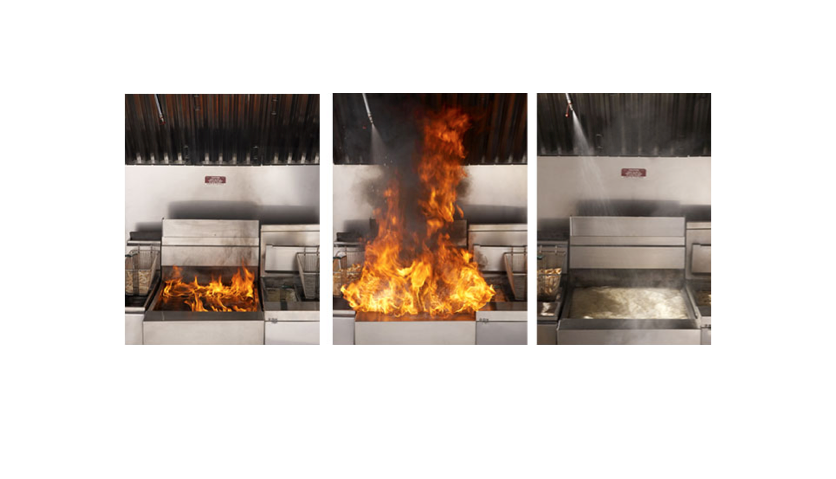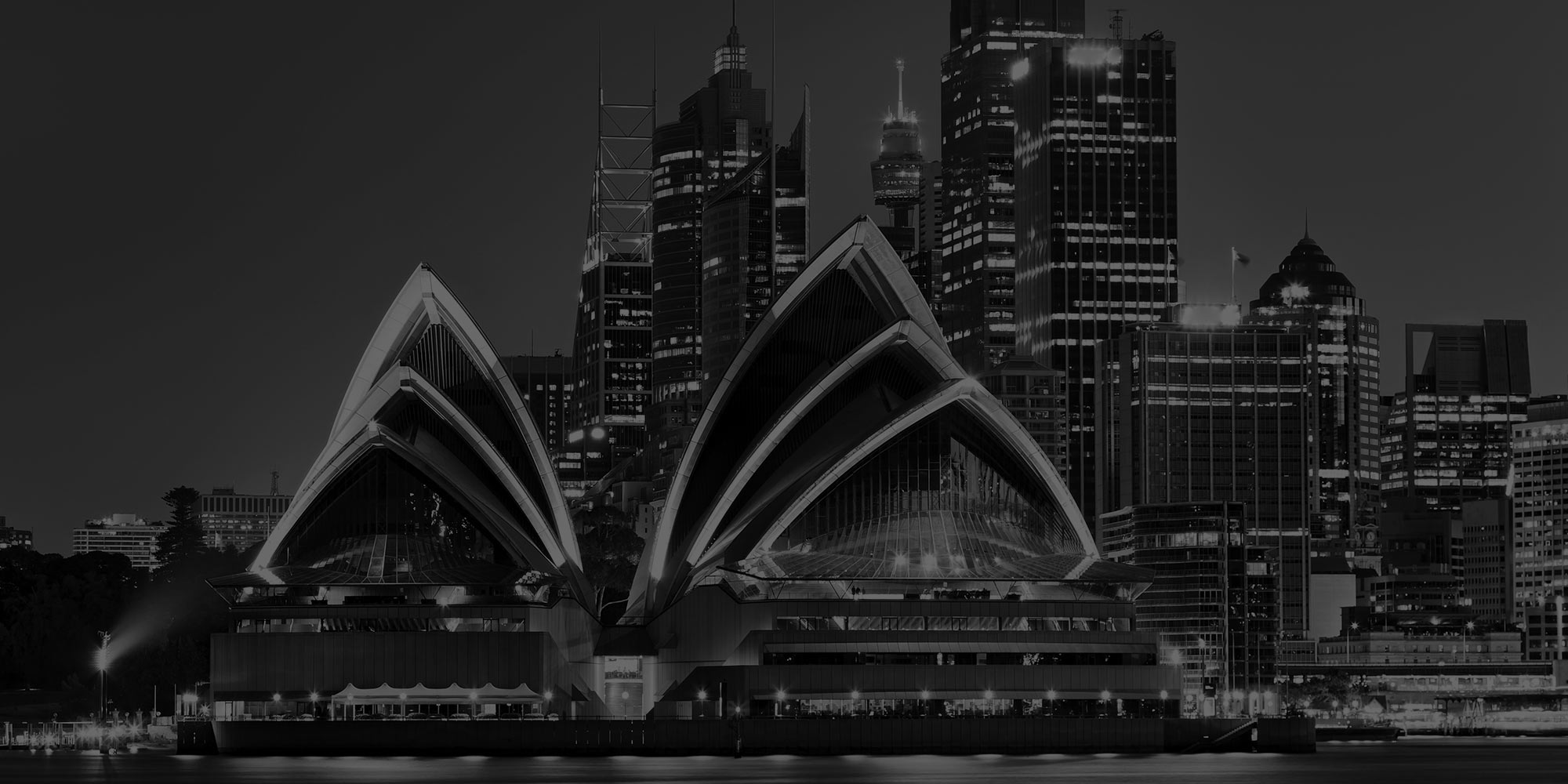
13 Apr RESTAURANT FIRE SAFETY
OK this has to be the most common place for Fires to occur in the workplace! As there is already open flames, hot oils and electricity. Restaurants, cafes and other eating establishments are workplaces that are at a high risk from fire. This is due to the environment with the potential of combustibles in close proximity to hot surfaces and open flames.
The most common fires involve unattended cooking, overheating of cooking oil or fat, and the ignition of fatty residues within range hoods and ducting. We have had so many clients have fires in the deep fryer, cooking oil or VAT and been lucky enough to have us looking after the site to ensure they have the right 2.0ltr or 7.0ltr wet chemical extinguisher on standby. Now as a general rule we say less than 20 ltrs of oil onsite then you need a 2.0ltr wet chemical extinguisher. If over 20lts of oil then you need a 7.0ltr wet chemical extinguisher. You cannot use water extinguishers as water on oil is no good! Co2 fire extinguishers take away the oxygen only for it to reappear when the co2 disappears and as the oil is very hot it will reignite. Powder extinguishers are also no good but usually the ones people have to try and cover the whole kitchen area. For correct coverage of cooking oils please have a wet chemical extinguisher, fire blanket & DCP powder extinguisher installed.
Fire Safety Tips for restaurants in Sydney
Sydney Extinguishers recommends this simple checklist to assist you in minimising the risk of fire and the interruption of your business and the endangerment of your patrons:
- Train your staff regarding maintaining clear exits, work place fire safety, evacuation procedures and how to call Triple Zero (000) (see In an Emergency Call Triple Zero (000) fact sheet).
- Maintain routine cleaning and inspection of kitchen range hoods, ducting, and grease fans. Approximately 80% of food preparation establishments hire contractors to maintain grease filters etc.
- Disposal of combustible waste products must be included in your maintenance program, ensuring rubbish and recyclables are secured in appropriate containers with close fitting lids.
- Ensure all cookers/fryers etc. have thermostat s fitted, are serviced and cleaned as recommended by manufacturers and don’t store combustible liquids under or near cookers or fryers or blocking exits.
- Ensure that all equipment is turned off when the business is unattended (this does not include gas pilot lights).
- It is recommended that larger cooking and food preparation facilities are protected by automatic wet chemical systems for their deep fryers. Wet chemical fire extinguishers and fire blankets should also supplement this system, and also applies to smaller facilities. Ensure that the appropriate fire extinguishers and fire blankets are installed in an easily accessible location and not near vats and hot plates. They must be in good working order and checked as per Australian Standards.
Make sure your business has an emergency evacuation procedure in place, which includes a suitable method of roll call for staff and patrons. Designate assembly areas that do not inhibit Fire Brigade operations.
Fire survival tips
- I would estimate that not even 10% of businesses would do this but try and develop a Business Continuity Plan (Worst case scenario) to ensure that your business may recover following the impact of a workplace fire. Always ensure that your business has sufficient fire insurance coverage.
- Train your staff in the types of fire extinguishers & of course how to use extinguishers correctly.
- Have a company like Sydney Extinguishers test and maintain your fire safety equipment including fire extinguishers.
